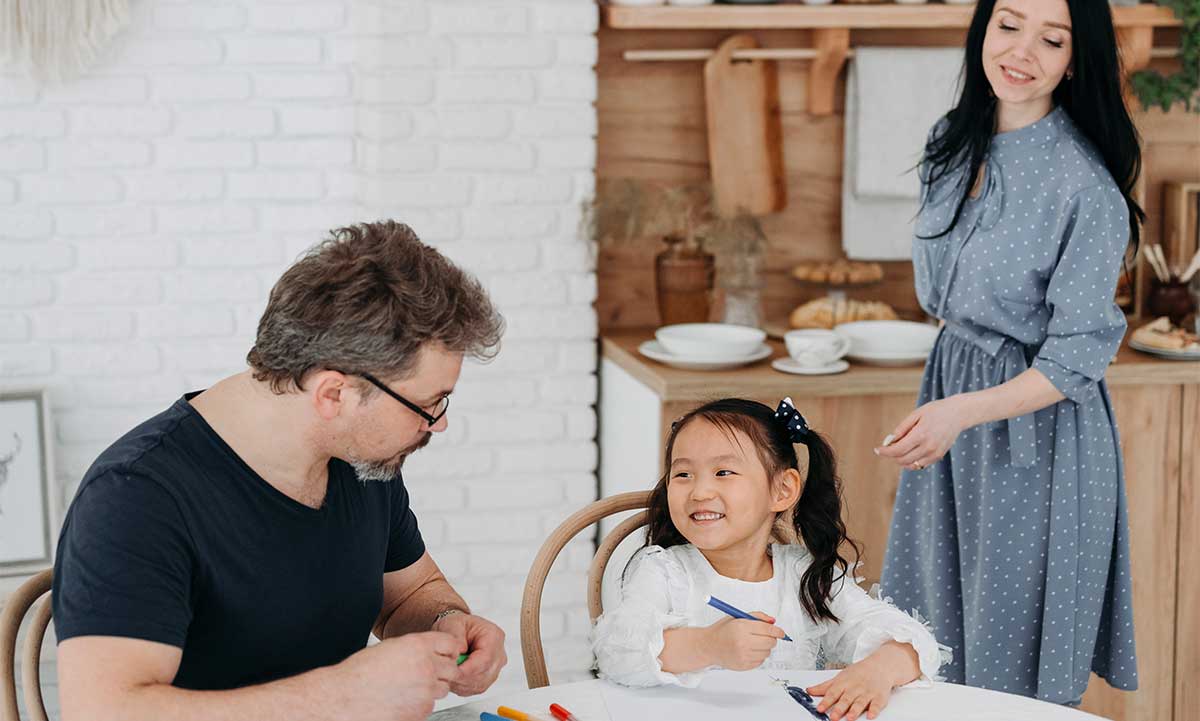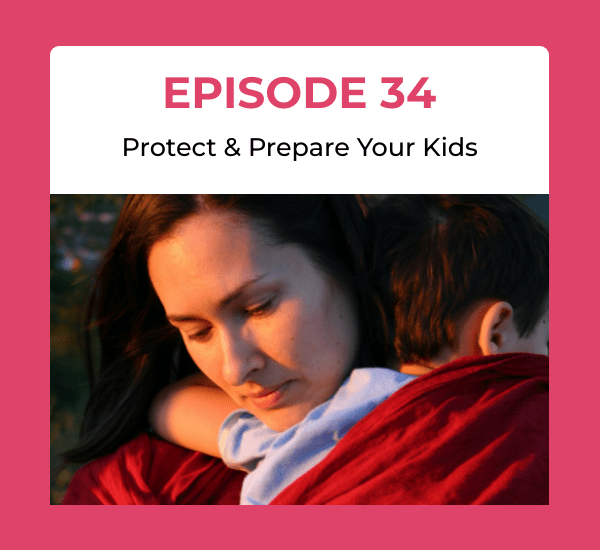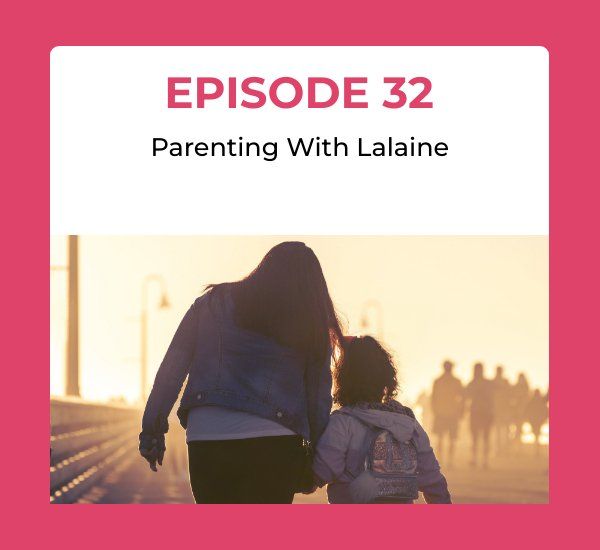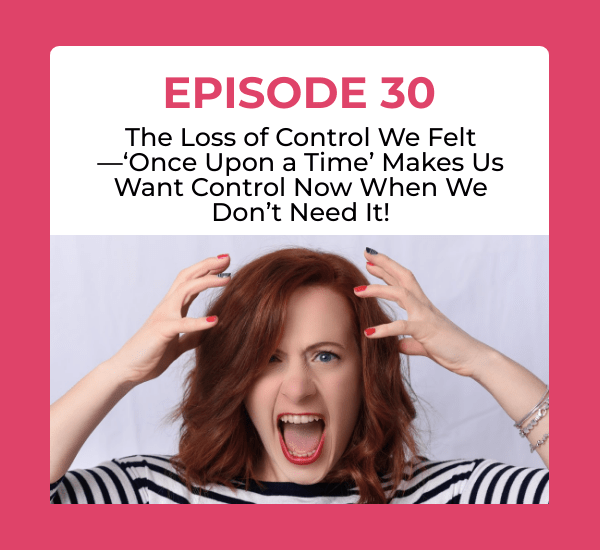Positive Parenting Supports a Child’s Self Growth
We want to nurture our children with a positive family life where they can feel loved and respected so that they can gravitate towards that when they go out into the world. There are many ways to help you with that as you parent your kids into adulthood.
When it comes to raising happy kids and building a positive environment in the household, parents are always looking for parenting techniques and tips on how to raise good kids. Positive parenting strategies can affect a child's growth, emotional development, confidence, and the child's self-esteem overall later in life.

How Positive Parenting Can Help a Child's Self-Growth
How you contribute to your kids' happiness, as a positive parent:
- By remaining present and emotionally involved with your kids
- By genuinely offering praise and encouragement at appropriate times
- By encouraging the development of social skills
- By taking steps and using proven strategies to combat sadness and depression in your children
- By acting as a positive role model when it comes to behavior, discipline, generosity, self-care, and handling stress—because what you do becomes their own inner guidance for the actions they take. When you make missteps you can bless your mistake by saying and feeling the truth of the statement, “I matter more than this mistake,” and then make it right.
- By becoming aware of what you say to them because that “becomes their inner voice,” as wisely taught by S. Abigail McCarrel of Welcome Home Family Therapy. When you misspeak, you can bless your mistake and apologize. You don’t have to be perfect, you just have to be honest with yourself and with your kids.
When children grow to have more self-confidence, emotional intelligence, and communication skills, these are all key indicators of positive parenting practices. Your children will grow up happy and your positive and peaceful impact on them will stay with them for the rest of their lives.
The Benefits of Positive Parenting Techniques
There are many ways to raise a child to be independent, confident, and self-sufficient, which also creates a happy household along the way. Here are some important positive parenting tips to make raising a child rewarding and pleasant:
Think About How You Talk To Your Child
A person’s self-image is largely developed early in life based on treatment by family and friends. While you can’t accompany your child everywhere at school or at sports practice, you can make every attempt to remind yourself that you want to watch what you say when you’re at home.
Remember: your words, actions, and presence early on will dictate what your children will think of themselves in the future. A positive parenting approach goes a long way, as a word of encouragement, patience, acceptance, or support, all promote positive outcomes.
You want your home to always be a safe place. No matter what happens at school, let your child think of the house as a place to recharge and boost attitude and confidence. What you say, how you say it, and how you treat them all impact your child’s behavior, emotional wellness, and self-esteem.
Focus on Encouragement
Whether you’re teaching them how to ride a bike or how to solve an arithmetic problem for the first time, children need to be confident in themselves to pick up these skills effectively. Being able to reward positive behaviors by cheering them on during moments of success while still providing positive reinforcement during rocky times is an invaluable skill to have as a parent.
Just like with anybody else, children won’t listen if you don’t express your appreciation for their hard work. Excessively negative attention also won’t help. And above all, learn to be patient. Growing up is all about making mistakes and instantly forgiving them, because all else is too stressful for everyone.
Learn To Deal With Hard Times
A poor grade on a spelling test. Accidentally drawing on the wall. Throwing a tantrum. Everyone has had bad days, and children are no exception. It is the role of parents in the early child development years to handle situations positively, and exactly how parents react to these incidents that will shape the parent-child relationship and define how they see you as a parent.
Supportive parenting, showing affection, understanding, and
reinforcing positive discipline has proven to have positive effects on children's behavior and academic achievement.
Sure, some types of natural consequences, guidance, correction, or feedback for their mistakes are necessary, but knowing that your love rules above all else is a comforting and beautiful thing to have. Let your household be a safe haven for them.
Be the Change You Want To See in the World
These remarkable words paraphrased from Mahatma Gandhi hold such power. If you want your kids to change, you change first. Kids learn by example, and the one you set for them is the most impactful. Your children will always observe how you talk and act, and your actions will ultimately reflect in their own behavior.
In that sense, remember to be both kindhearted, caring, respectful, and especially confident in yourself, and you’ll see that positive mindset flow into them as well. On the flip side, avoid using negative parenting behaviors like verbal or physical punishment, and negative language around them, including words like “jerk,” “idiot,” and “stupid.” You can discipline your child using
positive parenting techniques.
Spend Quality Time With Your Family
It seems that nowadays everyone has somewhere to go. You have errands to run; someone else has to go to work every day; and generally, nobody seems to have time to hang out casually anymore.
Try to change that. Spending quality time with your children is one of the best ways to generate a positive atmosphere in the home and build strong relationships. Some ideas include:
- Go out for a family dinner at a restaurant with no phones being used
- See a movie together at the theater
- Go shopping or run errands together
- Do house chores together, challenging each other with silly things like who can make up a song or a poem about what they’re doing
- Cook supper as a team
- Play a multiplayer video game, a family board game, or do a puzzle together that has your customized family picture on it
- Engage in creative activities with them (you don’t have to do the same thing, you can have ‘creative time’
- Go out into nature as much as possible, it has a balancing effect on us
- Volunteer at a local organization
- Grow indoor herbs together
- Grow an outdoor vegetable garden together or join a community garden
You don’t necessarily have to spend money on a big vacation to have quality time with your children (though it certainly won’t hurt!). Even sitting together on the front step can make all the difference. Make dedicated time with your children a daily activity if you can.
This kind of bond-strengthening can instill a sense of appreciation for what the child has in terms of loving parents and a consistent flow of new experiences. As your children grow older, their emotional well-being develops and expands into strong empathic feelings toward others, which is an excellent emotional platform for relationship stability. Want to know more about positive parenting styles?
Check out our blog post on positive parenting
Be a Positive Parent
Let’s admit it. Parenting isn’t always an easy job. We all make mistakes sometimes, but remembering to love your children isn’t the hard part. As soon as your child does something that seems unlovable, remind yourself about all the ways you do love them. You’ll feel better and will definitely act more like you want to, even if they’re acting out.
Once you’ve figured out how to build a positive environment for your family, and keep your focus on long-term parenting goals, your children’s future behavior and success will thrive thanks to your efforts. Keep that in mind, and it’ll make the whole effort so much easier.
You don’t have to do it all alone, though. There are
positive parenting classes available to help guide you through the process so you can begin seeing results both in yourself as you learn the skills you need to be successful with positive parenting, and in your children who will thrive mentally and emotionally as they grow.











